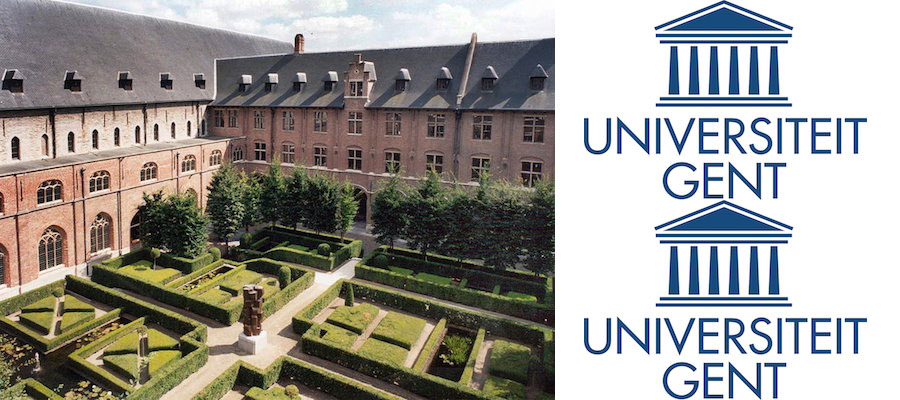The research team of the GOA (Concerted Research Action) project “Interconnected texts” at Ghent University is inviting applications for two PhD fellowships. The project is based upon the corpus of Byzantine book epigrams. It aims to investigate book epigrams as texts at the threshold between the material and the textual, with a focus on their formulaic nature, and to explore the possibilities of innovative technologies to pursue multifaceted humanities research. The project brings together linguistic, literary, historical and computational experts.
PhD Fellowship 1: Linguistics
The first PhD candidate will be embedded within the work package ‘Linguistics’, the main aim of which is to better understand formulaic phraseology in the DBBE corpus. More specifically, the PhD candidate will study the different types of formulaic patterns that occur in the corpus, create a typology of the deviations of standard patterns that can be found, and situate the use of formulae in its broader literary and socio-cultural context, making a comparison with other Byzantine and/or Ancient Greek corpora. In order to answer these research questions, the PhD candidate will apply insights from linguistic disciplines such as historical sociolinguistics and cognitive linguistics – under the guidance of the main supervisor, Klaas Bentein – and work closely together with other PhD students and team members who are applying digital methods to the corpus and its metadata (natural language processing, graph-based data exploitation and analysis). The research is expected to lead to a PhD thesis, either in the form of a monograph or a collection of single- or co-authored articles and chapters. Next to the PhD thesis, the candidate will be expected to engage in a limited amount of teaching and dissemination activities that are connected to the research.
PhD Fellowship 2: Manuscript culture
This PhD candidate will be engaged in the Work Package ‘Manuscript Culture’. This WP will investigate the multiple connections that book epigrams establish between the material production of texts and their intellectual, spiritual and/or social significance in Byzantine society. Research questions involve various reading strategies that book epigrams propose for specific texts, as well as discourses of community building present in these epigrams. The research is situated at the intersection of Byzantine Studies, Palaeography and Manuscript Studies, and Digital Humanities.
The PhD student will perform research in preparation of a doctoral dissertation on a specific innovative theme within this general framework. The dissertation will be supervised by Floris Bernard (Medieval Greek literature) and Els De Paermentier (Medieval history and manuscript studies). The candidate will make extensive use of the Database of Byzantine Book Epigrams, working closely together with the other members of the research team. The student will regularly exchange intermediary results and help evaluate the computational tools developed within the project. The candidate will disseminate the research results in (partly co-authored) publications, implement the research in (limited) teaching duties, and create public awareness of the Greek manuscript heritage.
For each of both positions, we offer a full-time, fixed-term appointment for initially 1 year, renewable after positive evaluation up to 4 years. You will work in an exciting multi-disciplinary international research environment, consisting of PhD students, postdocs and professors.
Both fellowships are expected to start on 1 September 2023 or soon thereafter.
